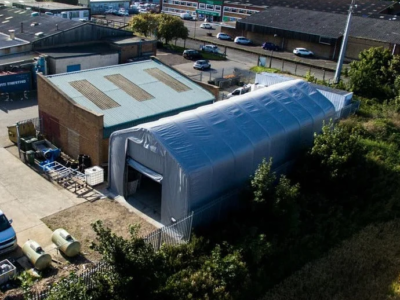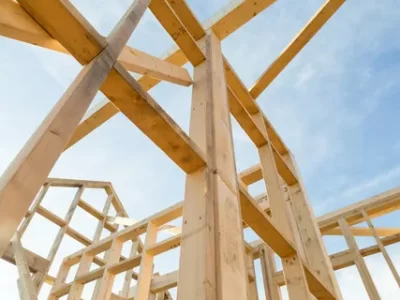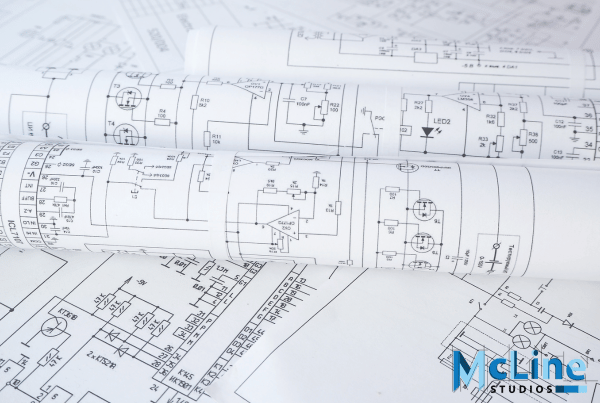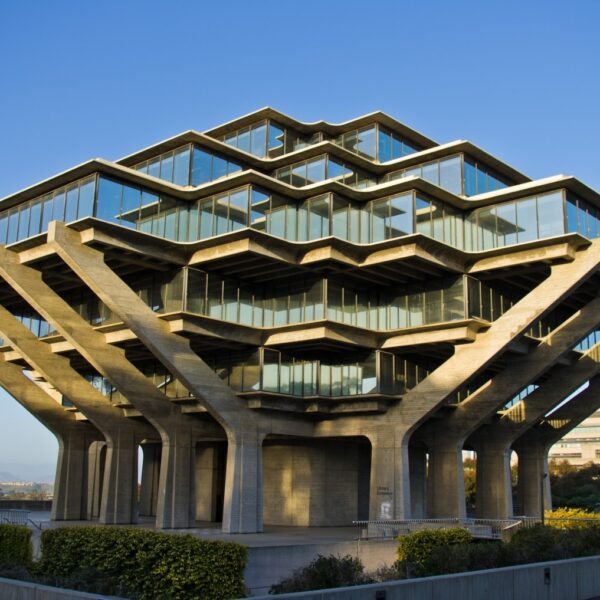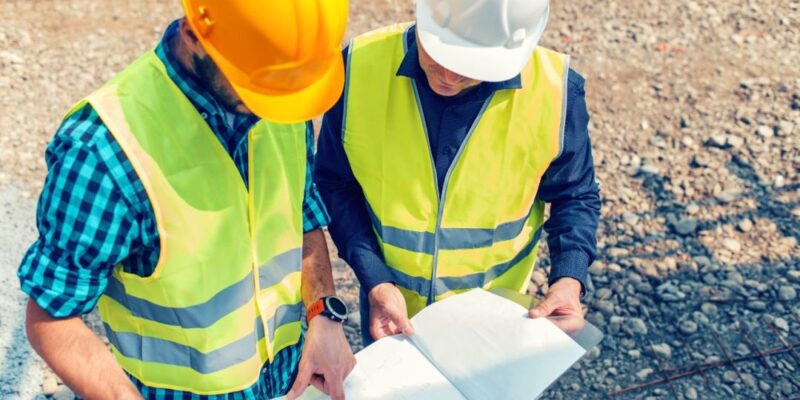
A Technical Project Manager in construction is like the maestro of a grand orchestra, but instead of music, they’re making sure buildings go up on time, within budget, and as planned. Picture a person who knows the ins and outs of construction projects, from the big picture to the nitty-gritty details. They ensure everyone from architects to engineers and builders are all on the same page.
They are the go-to person when there are questions about the technical side of things, like how to solve a tricky engineering problem or which materials to use to ensure the building is safe and sturdy. Plus, they have a knack for planning and organizing, ensuring everything happens when it should, which is super important in construction where time is money. Simply put, they are the glue that holds a construction project together, ensuring it turns out right.
The Responsibilities of Technical Project Managers in Construction
Here are some of the key responsibilities of the technical project manager in construction:
Project Development and Management:
Project development and management are big deals in construction. Imagine someone has to make sure everything planned on paper starts happening for real. This person checks the designs, makes sure they’re good to go, and then helps the team start building. They have to keep an eye on the budget because you don’t want to spend more money than you have.
Plus, they need to make plans for each step of the construction and update these plans if things change. They also need to solve any problems that come up. If the weather gets bad or a machine breaks, they figure out how to keep things moving. It’s all about ensuring the building gets built on time and doesn’t cost too much. This job is super important because it helps turn ideas into actual buildings that people can use.
Budgeting and Scheduling:
Keeping projects on time and within budget is crucial. This is where the role of a technical project manager becomes vital. These professionals have a big job. They need to plan out the entire project before anything starts. This means deciding what work needs to be done, how long it should take, and how much it will cost.
For budgeting, they look at all the types of work involved, like site work, concrete, masonry, metals, wood, thermal and moisture protection, doors and windows, finishes, mechanical, and flooring estimating. They estimate how much each part will cost, which helps them set the overall budget.
Scheduling is another critical area. The project manager decides the task order, ensuring everything happens at the right time. They ensure that the work, like setting up the foundation, installing electrical wiring, or painting walls, doesn’t overlap in a way that might delay the project.
Construction Project Planning:
Specific individuals oversee all technical aspects of construction project planning to ensure everything runs smoothly. These people manage teams, ensuring they have clear goals and the right tools. They also create project plans that include timelines and budgets, helping to keep everything on track.
Their job involves communication and coordination between engineers, architects, and contractors. They must solve any technical problems that arise quickly and efficiently. Additionally, they are responsible for ensuring the project meets all legal standards and codes. It’s a role that requires both technical knowledge and strong leadership skills.
Team Guidance:
Guiding the team is a big part of ensuring buildings get built well. A person who leads the team looks after many things to help them do their best. They teach and help team members understand their jobs, ensuring everyone knows what to do and when. This leader also makes sure the team works together smoothly and solves any problems that come up. They’re like a coach, always there to support and guide the team, keeping the project moving forward. This way, buildings are finished on time and done right.
Task and Resource Allocations:
Allocating tasks and resources is like setting up a giant puzzle where every piece has to fit perfectly. In a construction project, someone must decide who does what and when and ensure all the needed stuff, like materials and equipment, is ready at the right time. This job is all about planning. Imagine when the builders should start working, and the electricians must come in.
Plus, deciding how many bricks, windows, or doors are needed and getting them delivered on time. This person also needs to monitor how much everything costs, ensuring the project does not spend too much money. It’s a big task involving many details and simultaneously keeping track of many things. The goal is to ensure the construction work goes smoothly, stays on schedule, and sticks to the budget.
Dispute Management:
When things go differently than planned on a building site, or when people disagree about the work, it’s essential to have someone to step in and sort it all out. That’s where handling disputes comes into play. Think of it as being a fair referee in a game, ensuring everyone plays by the rules and resolves their differences peacefully.
This job involves listening to all sides, figuring out the problem, and finding a way to fix it that everyone can agree on. It’s all about keeping the peace and ensuring the project continues smoothly without any hitches or delays. Keeping everyone on the same page and moving forward is key to providing suitable building finishes.
Client and Stakeholder Communication:
One key role when building projects is keeping everyone in the loop. This means ensuring the team is building the project and the customer is waiting to finish knowing what’s happening. The person in charge of doing this is often the technical project manager. They’re like the messenger, ensuring the correct information gets to the right people at the right time.
Also Read: Optimizing Residential Roofing: Proper Ventilation in Indianapolis
They talk to the customer to understand their wants and then explain these details to the work team. They also need to monitor how things are going and update the customer so everyone stays happy. It’s all about being the bridge between technical details and people’s needs.
Project Delivery:
When the time comes to wrap up a construction project, it’s like the finish line of a long race. Everything planned, built, and checked along the way must be handed over to the people using the building. It’s about ensuring all the paperwork is in order, like building permits and safety checks.
There’s also a final walk-through to catch any last-minute issues. Consider it the last check on your list to ensure everything’s done right. This part is super important to ensure the building is ready and safe. The bow on the package signals that the project is complete.
Conclusion:
In conclusion, technical project management is crucial in completing construction projects. From budgeting and scheduling to dispute management and client communication, these professionals oversee all technical aspects to ensure everything runs smoothly. Their job requires technical knowledge and strong leadership skills to guide teams, allocate tasks and resources, and deliver the final product on time and within budget.
